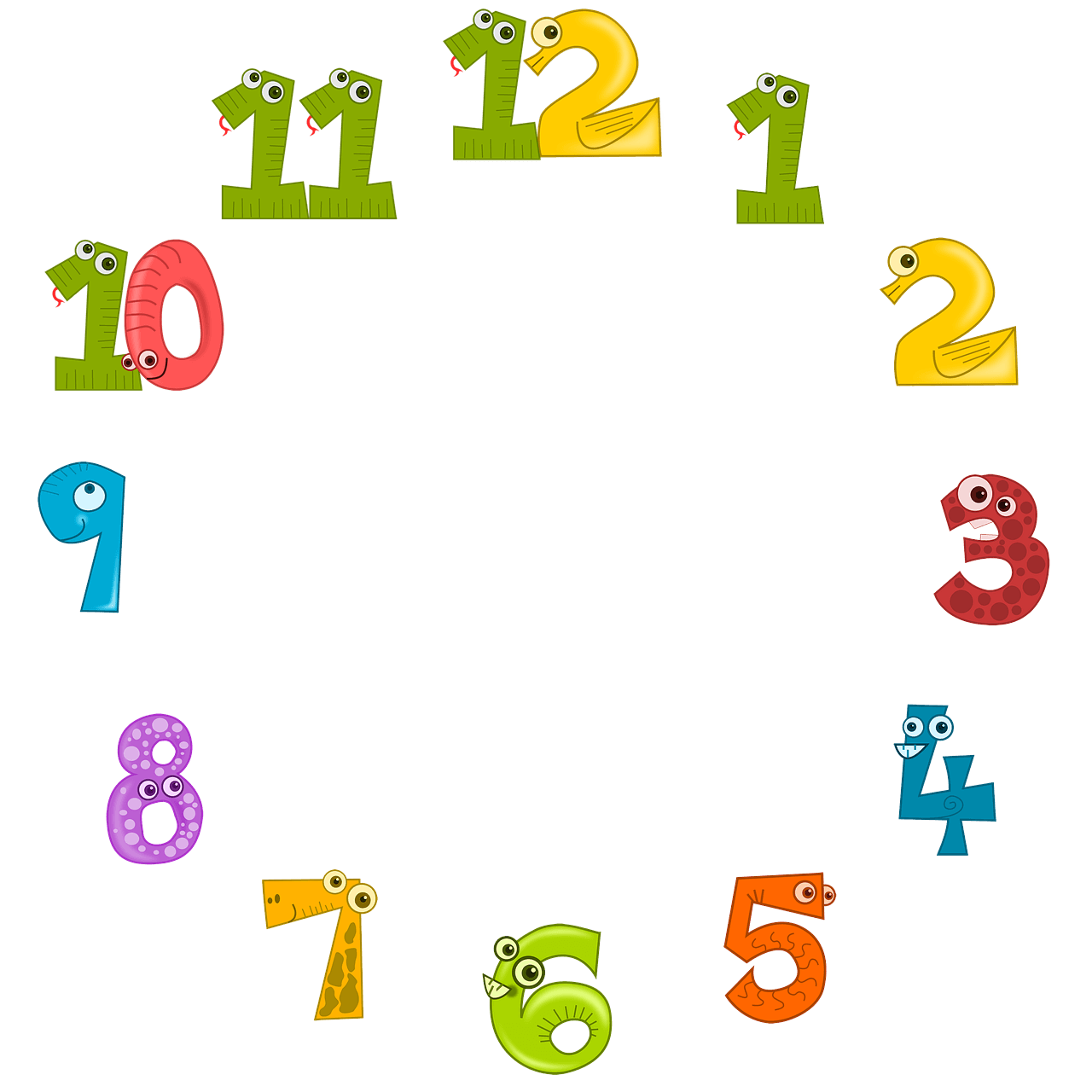Planetary Hours
PLANETARY HOURS AS AN ASTROLOGICAL TECHNIQUE
5 January 2024
What Are Planetary Hours?

Planetary hours, although not commonly used today, is an ancient technique used to determine the energy of a specific time of day. This system, rooted in Hellenistic astrology, assigns each part of the day to a specific planet, thereby attributing the planet's characteristics to that "hour".
Unlike the 60-minute hours we're accustomed to, planetary hours are not equal in length. The duration of a planetary hour is determined by dividing the time between sunrise and sunset (for daytime) and between sunset and sunrise (for nighttime) by twelve. These twelve "hours" for daytime and twelve "hours" for nighttime are each given a planet.
The sequence begins with the planet ruling the day. For example, on Sunday, the first planetary hour is given to the Sun, while on Monday, the first hour is given to the Moon.
To determine the subsequent hours of the day the Chaldean order of planets are used: Saturn, Jupiter, Mars, Sun, Venus, Mercury, Moon. The Chaldean order is based on the planet's observable average speed starting with Saturn the slowest planet and ending with the Moon the fastest.
For example, the first hour on Wednesday (Mercury-day) is Mercury, the second hour is Moon, the third Saturn, and so on until all twelve hours are filled up.
Understanding the nature of each planet and its association with specific activities can enable us to align to the planetary energy for that time of the day. For instance, Venus hours are ideal for social gatherings, while Saturn hours are perfect for focused work.
the planetary times

By understanding the nature of the planets we can understand what the energy of that time of day can help us cultivate:
Saturn Hours: Ideal for tasks that require discipline, structure, and focus. A perfect time for administrative tasks, planning, and solitude.
Jupiter Hours: Suitable for activities related to growth, expansion, and prosperity. A good time for financial planning, teaching, and spiritual practices.
Mars Hours: Best for tasks that require courage, initiative, and confrontation. Also suitable for physical activities and competitions.
Sun Hours: Ideal for activities that require vitality and recognition. A perfect time for self-promotion and leadership tasks.
Venus Hours: Best for social and romantic activities. Also, a good time for artistic pursuits, beauty routines, and relaxation.
Mercury Hours: Ideal for communication, learning, and travel. Also, a good time for writing, public speaking, and negotiation.
Moon Hours: Suitable for nurturing activities, family matters, and domestic chores. Also, a good time for introspection and emotional healing.
calculating planetary hours

Calculating planetary hours requires knowledge of the time of sunrise and sunset. Once you have these times, divide the duration of daylight and darkness by twelve to get the length of each planetary hour. Remember, daytime and nighttime planetary hours may not be of the same length, especially in locations with significant seasonal variations.
There are also online calculators that can calculate planetary hours for your location. These tools can simplify the process, allowing you to focus on the practical application of this technique.
Keep in mind that the planetary hour is just one factor to consider for daily energy. It's also important to consider the planetary positions in the sky such as the current lunar phase, planetary signs, and aspects. Planetary hours can provide an additional layer of detail, helping us to fine-tune our timing and align our activities with the day.
Using planetary hours with your birth chart

While planetary hours can be used universally, their interpretation can be personalized by considering your birth chart. For instance, if Venus is prominently placed in your birth chart, you might find Venus hours particularly beneficial. Similarly, if Saturn poses challenges in your chart, you might want to avoid initiating activities during Saturn hours.
By integrating the concept of planetary hours with our understanding of our birth chart, we can create a personalized astrological timing tool. This integration can enhance our decision-making process, helping us to navigate our daily lives with greater ease and harmony.
Do planetary hours work?

There is debate as to whether planetary hours are an accurate astrological technique. Many prefer to use what we see visibly in the sky such as through the current planetary placements and lunar cycle.
Perhaps the most striking question is why don't the days of the week use the Chaldean order? Why aren't the days of the week ordered in the Chaldean order of Saturn, Jupiter, Mars, Sun, Venus, Mercury, Moon? It makes sense to use the Chaldean order since it is based on the observable speed of the planet. But where did the order of the days of the week come from in which the first hour of the day is based?
I'd love to hear what you think. Message me and let me know what you think about planetary hours. Do you believe that it's an accurate astrological technique?